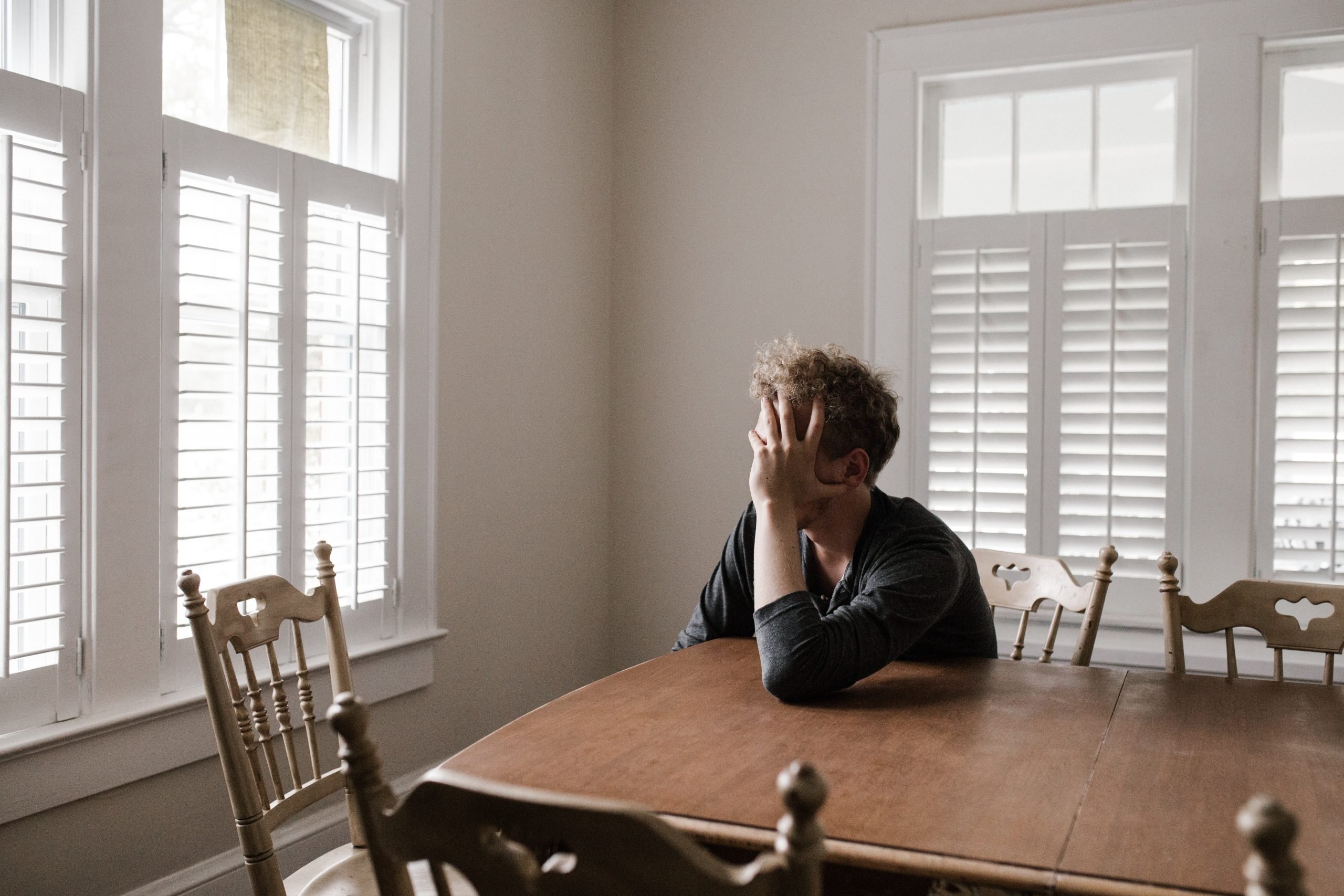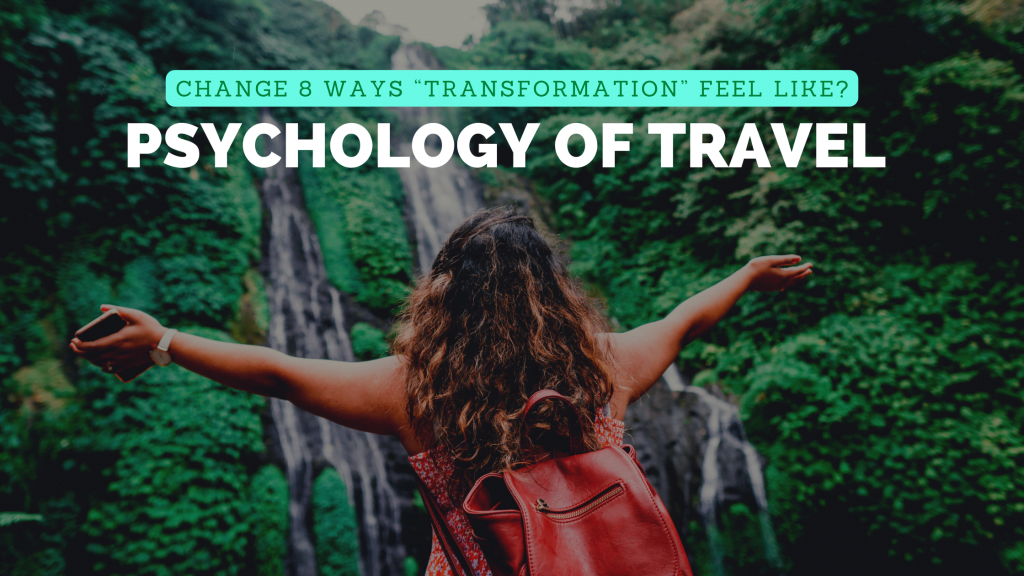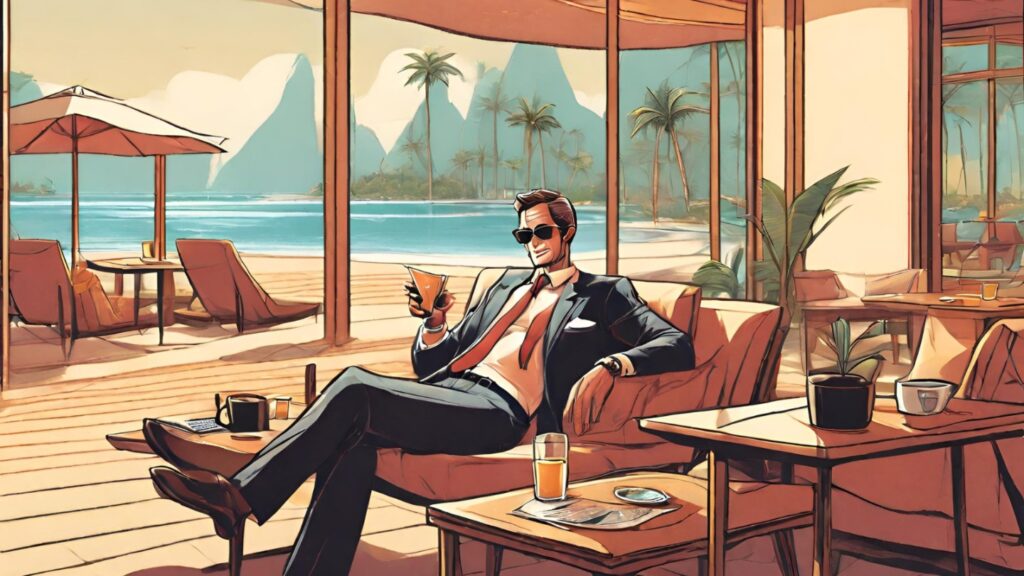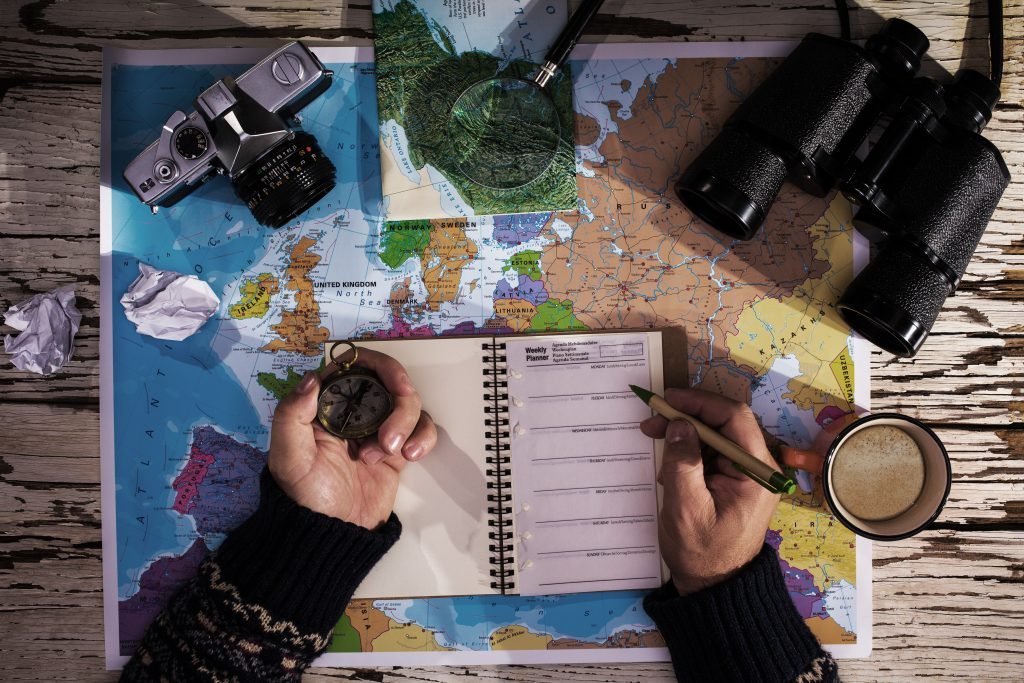Vacations are hugely beneficial for our mental and physical health, and travel psychologists have devoted research to how travelers can make the positive effects post travel blues to end. Because, unfortunately, the good feelings can start disappearing before you’ve even boarded your flight home.
On vacations, we let go of daily stressors. Our blood pressure drops, concentration improves, we sleep more deeply and become distinctly more aware of our emotions and thoughts.
What is Post Travel Blues?
The “Travel blues” is a common experience where the post-travel period is marked by feelings of sadness, anxiety, and lack of motivation. It’s like a sudden shift from the carefree bliss of your trip back to the realities of everyday life. Here’s a breakdown of the phenomenon and how a travel psychologist can help:
What are the causes of Travel blues for travelers?
- Transition shock: The abrupt change from relaxation to routine can be jarring. Your body and mind haven’t adjusted back to the demands of work, family, and responsibilities.
- Anticipation vs. reality: Travel is often idealized, filled with exciting experiences and new scenery. Returning home can feel mundane and disappointing in comparison.
- Loss of control: Vacations offer a sense of freedom and control over your time. Returning to schedules and obligations can feel restrictive and stressful.
- Social readjustment: Reconnecting with friends and family after an absence can be awkward or overwhelming, leading to feelings of isolation.

Psychology Ways to Beat Post Travel Blues
The good news is, to eliminate vacation blues for travelers can also take deliberate steps during and after a vacation to prolong the feel-good effects of a leisurely getaway!
1. Planning ahead
On a pragmatic level, you can also plan ahead. It makes something immediately to look forward to for the next year. In fact, the anticipation became part of the vacation itself! It is found that planning (for e.g., making a list) can free your mind of intrusive thoughts and leave you feeling clear headed and more earnest about making your next trip a reality called the Zeigarnik effect.
A Research says” Committing to a specific plan for a goal may therefore not only facilitate attainment of the goal, but may also free cognitive resources for other pursuits,”

2. Invest in experiences, not souvenirs.
One keyway to make the positive effects is to focus on making experiential purchases while on vacation, rather than shopping for material goods. These experiences become part of our personalities and can shape our outlooks and also by the fact that experiences provided more conversational value.
3. Exercising gratitude
Bear in mind that if you get to take a vacation, and that you’re one lucky human being. Being grateful that you were able to break away from the office is a good place to start. It will help you appreciate the time away and, as a result, make you feel less disappointed that you have to come back to reality. So, while you’re at your getaway sipping on your tropical beverage, being grateful for having the opportunity to avail certain luxuries that others can’t help drawing more meaning from them.

Tips to Hack Vacation Blues from a Travel Psychologist
- Cognitive reframing: Identify the negative thoughts and beliefs contributing to the blues. Challenge them with more realistic and positive perspectives. Tangible Travel Tool does just that. So read up, plan, experience, learn, and implement!
- Coping mechanisms: Develop healthy ways to manage stress, like exercise, mindfulness, or spending time in nature.
- Goal setting: Plan mini-adventures or future trips to maintain excitement and motivation.
- Creating rituals: Establish routines that bridge the gap between vacation and everyday life, like journaling about your trip or revisiting favorite photos.
- Social connection: Talk to friends about your trip, join travel communities, or seek professional help if needed.
Thus, being grateful for the privilege of breaking up a tired routine is a good place to start when thinking about your time spent away. The idea of intentional and purposeful travel is a concept that requires to be pondered over both before and during the vacation.








